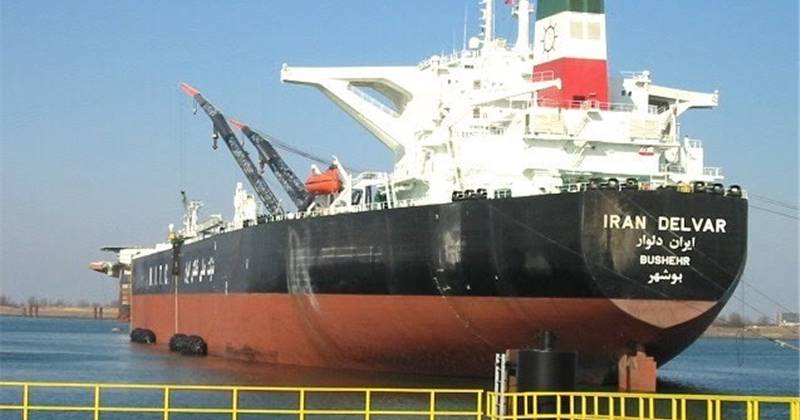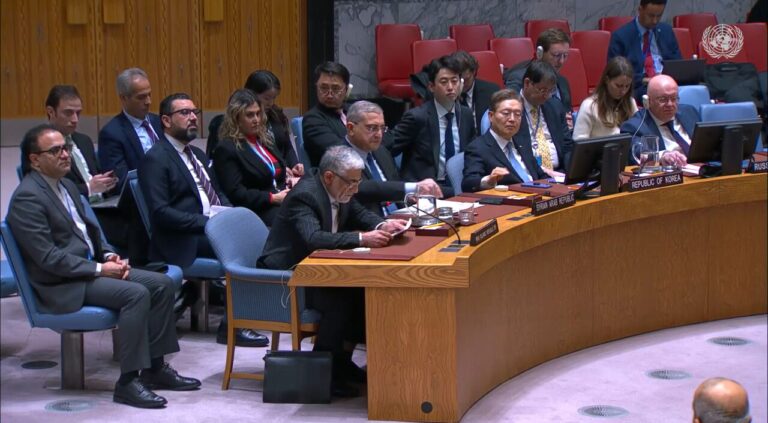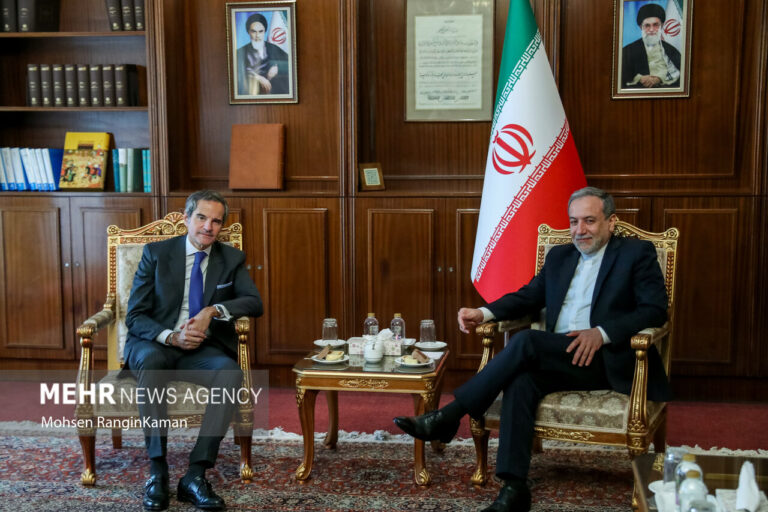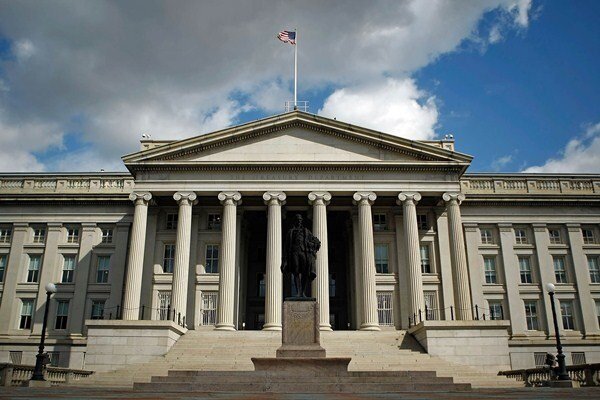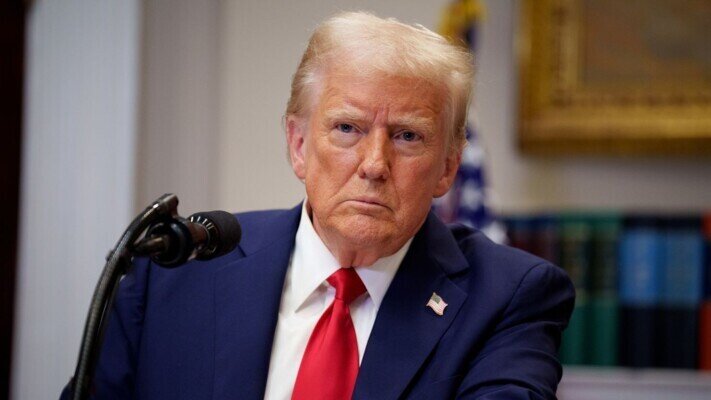Iran Defies US Pressure: Oil Exports Surge Amid Sanctions
In a recent statement, Iran’s oil minister, Mohsen Paknejad, firmly refuted claims that new sanctions and enforcement measures by the Trump administration have significantly impacted Iran’s energy exports. The ongoing debates surrounding Iran’s oil exports and the effectiveness of U.S. sanctions have garnered significant attention, particularly in light of the country’s resilience in maintaining its oil shipment routes.
Paknejad spoke to Iranian state media, emphasizing that despite the sanctions, “Right now, we are still exporting oil. There has been no disruption in our shipment routes.” This assertion challenges the narrative that the U.S. sanctions have successfully crippled Iran’s oil sales.
When questioned about Washington’s ambitious goal of reducing Iran’s oil exports to zero, Paknejad remarked, “All of this is being said for now. What is happening in practice is that we are exporting.” His comments indicate a strong confidence in Iran’s ability to navigate through the sanctions imposed by the U.S.
Regarding the potential for tougher sanctions enforcement by the U.S., Paknejad stated, “Naturally, if any restrictions are imposed on Iran’s oil sales, we have taken the necessary measures to respond.” This proactive stance suggests that Iran is prepared for any escalation in the enforcement of sanctions.
Moreover, Paknejad denied any decline in oil sales, highlighting that Iran had set a record for crude exports during the Iranian month of Dey, which corresponds to December 21 to January 20. This assertion is crucial as it contradicts the narrative that sanctions are effectively hindering Iran’s oil revenue.
Earlier this month, the U.S. Treasury Department imposed sanctions on Paknejad himself, marking a departure from its usual practice of avoiding sanctions against high-ranking political figures. This action is part of a broader effort to tighten enforcement on Iranian oil exports, which the U.S. claims are being used to fund Tehran’s military operations and its security forces, notably the Islamic Revolutionary Guard Corps (IRGC).
Paknejad’s comments come in the wake of an alarming report from Iraq’s Oil Minister, Hayan Abdel-Ghani. He claimed that Iranian tankers intercepted by U.S. forces in the Gulf were discovered to be using forged Iraqi documents. “We received verbal inquiries about oil tankers detained by U.S. naval forces. It turned out these tankers were Iranian and were using fake Iraqi manifests,” Abdel-Ghani stated on Iraqi state television.
In response to these allegations, Iran has firmly denied the claims, asserting that its oil exports are conducted “within accepted trade frameworks.” This assertion was reiterated in a recent communication between Paknejad and his Iraqi counterpart.
The dispute between the U.S. and Iran over oil exports comes amid a broader U.S. effort to crack down on fuel smuggling and sanctions evasion linked to Iranian networks. In December, Reuters reported the existence of a smuggling network that, by using forged documents, was generating at least $1 billion annually for Iran and its allies in Iraq.
Despite these challenges, Iran remains steadfast in its oil production and exports. Here are some key points highlighted by Paknejad’s statements and the current situation:
- Ongoing Exports: Iran continues to export oil without significant disruptions.
- Record Sales: The country achieved a record for crude exports during the Iranian month of Dey.
- Prepared for Sanctions: Iran has developed strategies to respond to potential increases in sanctions enforcement.
- Denial of Allegations: Iran firmly denies using forged documents for its oil shipments.
- U.S. Sanctions: The U.S. Treasury has imposed sanctions on high-ranking officials, including Paknejad, as part of its strategy to limit Iran’s oil revenue.
This ongoing tug-of-war over oil exports showcases the complexities of international relations and economic sanctions. As Iran navigates these challenges, the global oil market remains watchful of its moves, as they could have significant implications for oil prices and geopolitical stability in the region.
In conclusion, while the U.S. aims to reduce Iran’s oil exports through sanctions, Paknejad’s statements indicate that Iran is not only resisting these efforts but is also finding ways to thrive amidst adversity. The future will reveal how these dynamics will unfold in the face of persistent geopolitical tensions.
